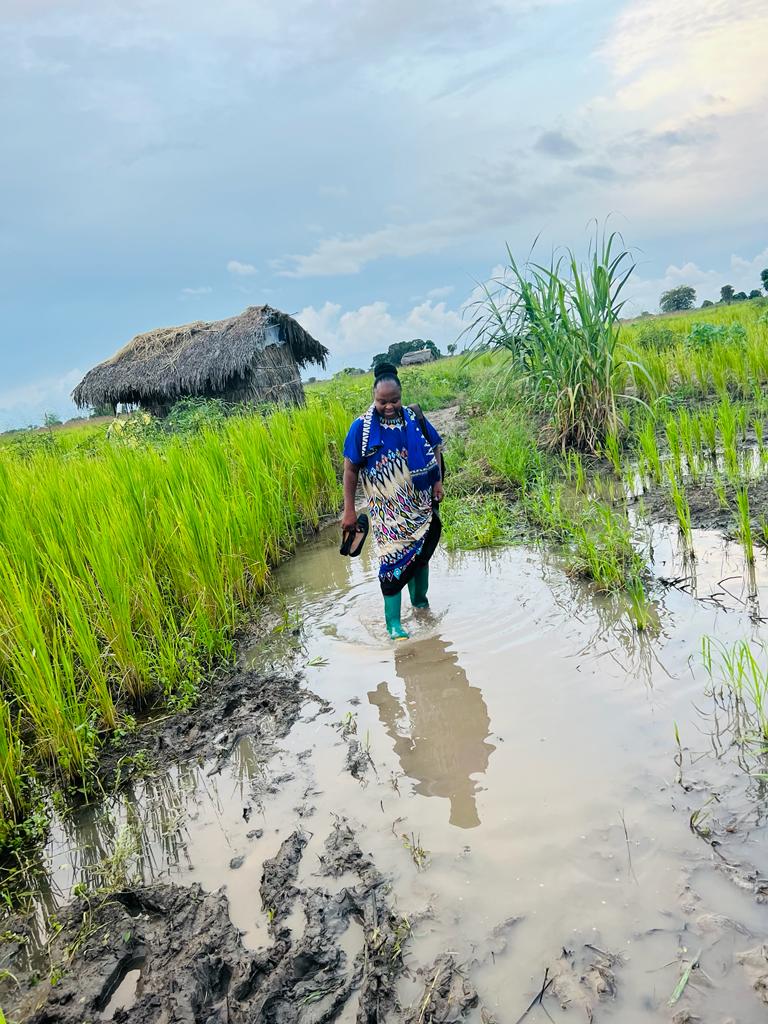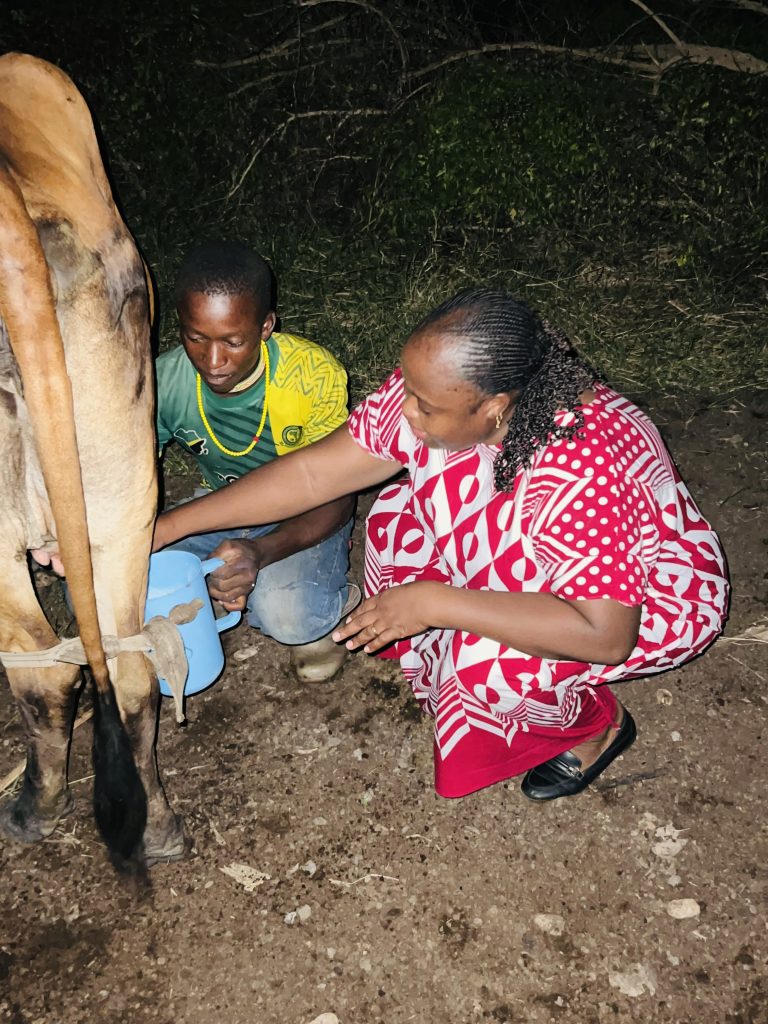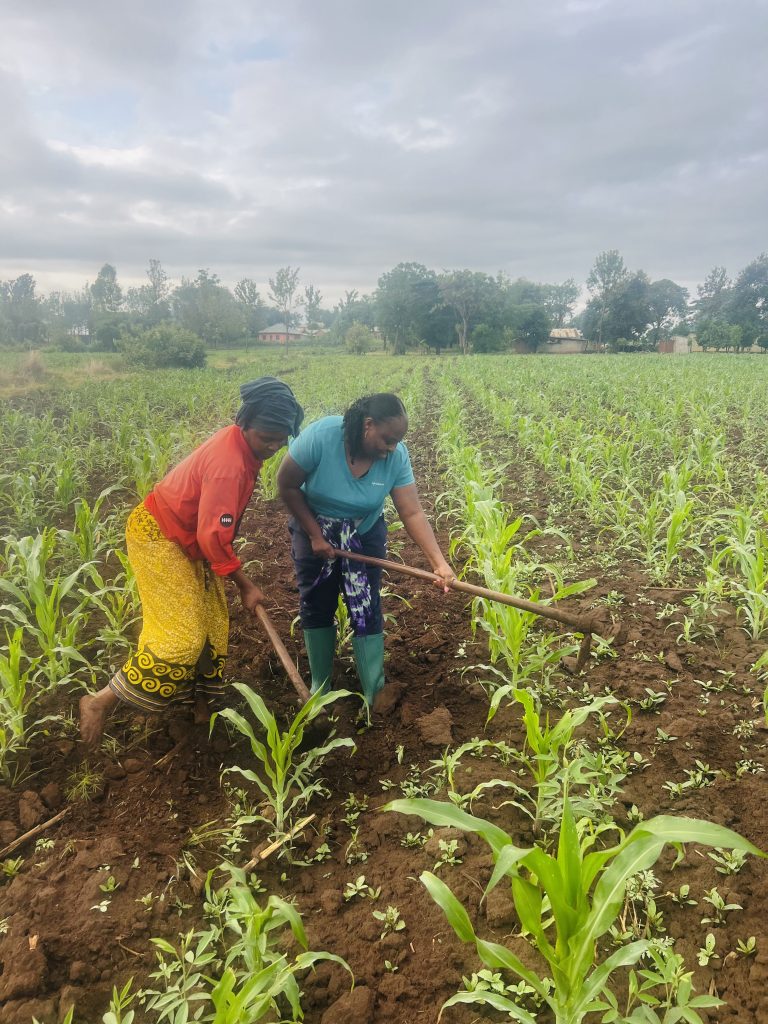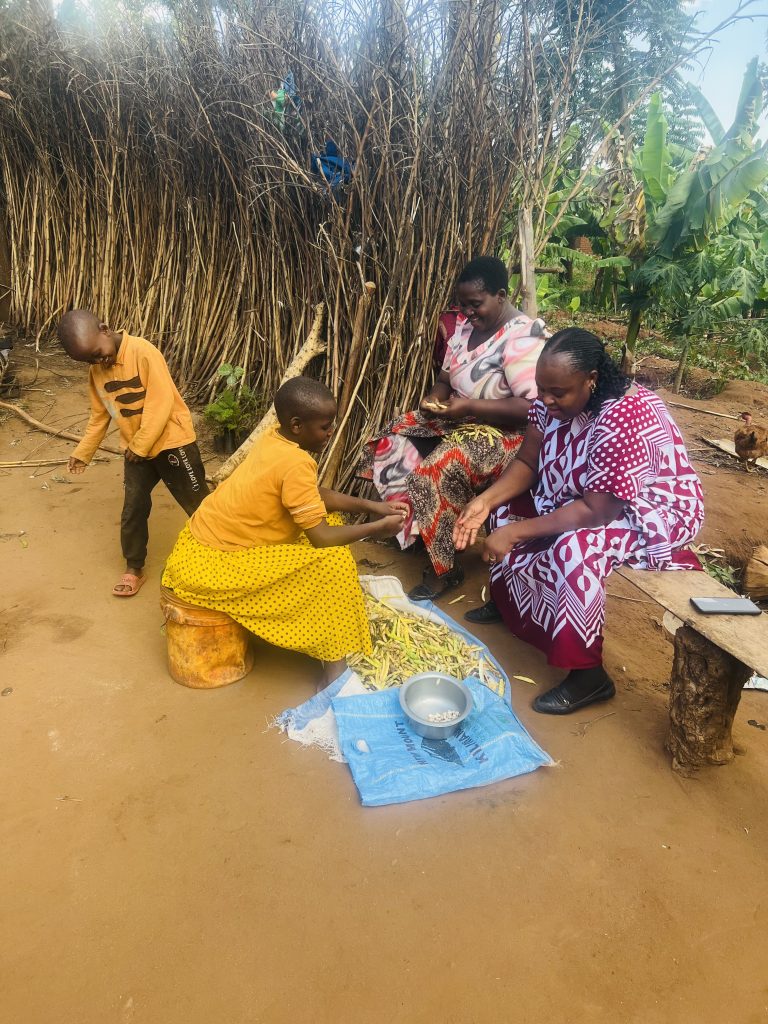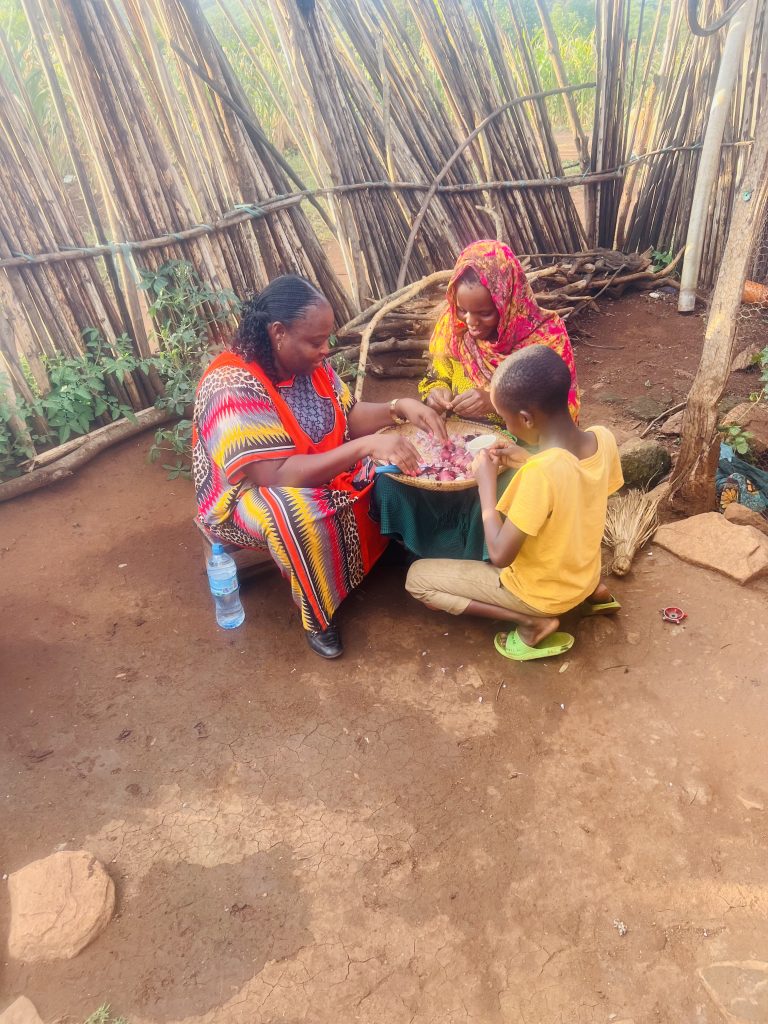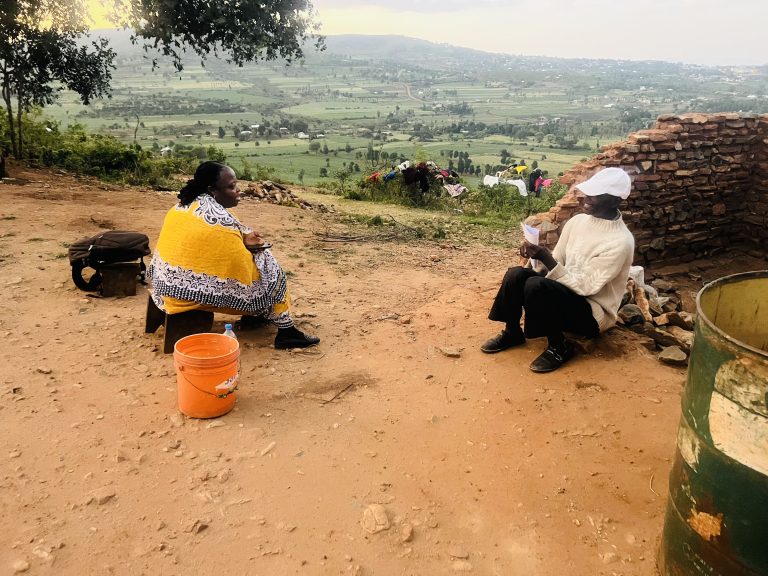Christina Makungu
Biography
Christina Makungu is a research scientist at the Department of Environmental Health and Ecological Sciences, Ifakara Health Institute in Tanzania. Ifakara Health Institute is one of the leading health research institutes in Africa. Christina Makungu is currently, a PhD student in Sociology at the University of Glasgow. She has been working as a social scientist for more than 10 years in both urban and rural Tanzania. Her research has uncovered a number of risk behaviors and activities, circumstances, and decision-making conditions which underpin the usage, and crucially non-usage of the current malaria control strategies.
Christina Makungu joined the Institute of Hazard, Risk and Resilience as a Masters student in September 2009 to investigate the vulnerability and risk exposure of school children to Malaria when parents are away from home farming in the Kilombero valley in southern Tanzania. Christina graduated in social science from the University of Dar es Salaam and previously worked at the Ifakara Health Institute as a research assistant.
Christina joined the University of Glasgow as a PhD student in 2022, supported by the Christopher Moyes Memorial Foundation.
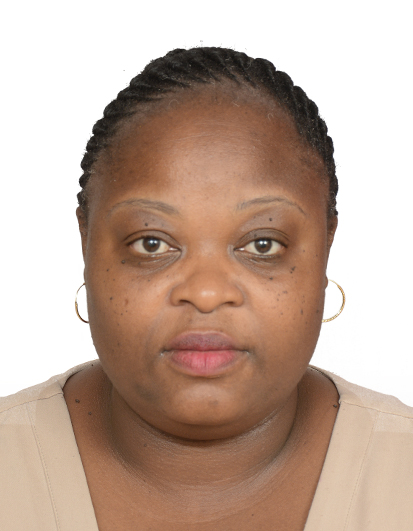
Masters’ Research at Durham University:
Vulnerability and risk exposure of school children to Malaria in Tanzania
Little or no research had been carried out before on children’s experience of taking care of themselves in rural sub Saharan Africa due to the livelihood demands on parents. The prevailing pattern of seasonal movement of parents (accompanies by pre-school children) from village centre to distant field site for farming activities results in school children (aged between 7 and 16) being left alone in villages for several months in order to attend school. In southern Tanzania, the focus of her research, settlement patterns, ‘villagisation’ programmes and land degradation mean that farms are often located at considerable distances from village centers.
Using qualitative research methods, Christina explored the effects of self care among school children while their partners are away, particularly focusing on aspects of health and well being, food security and how these were inter-related. The specific objectives of the research were to establish roles and responsibilities if school children in self care, in both girls and boys, and to understand the health and social effects of self care in children. This helped to identify coping mechanisms for food insecurity for these children and to determine the community wide perception of self care in school children.
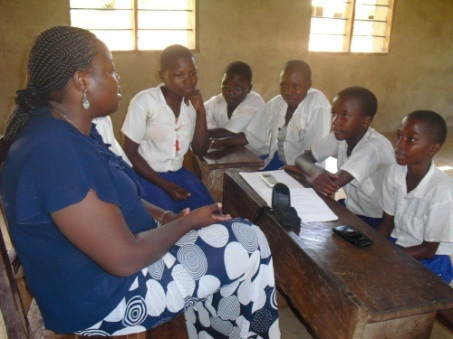
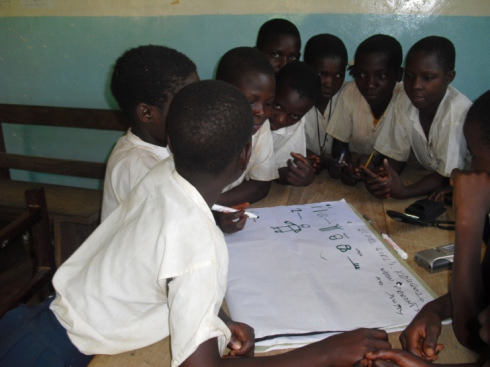
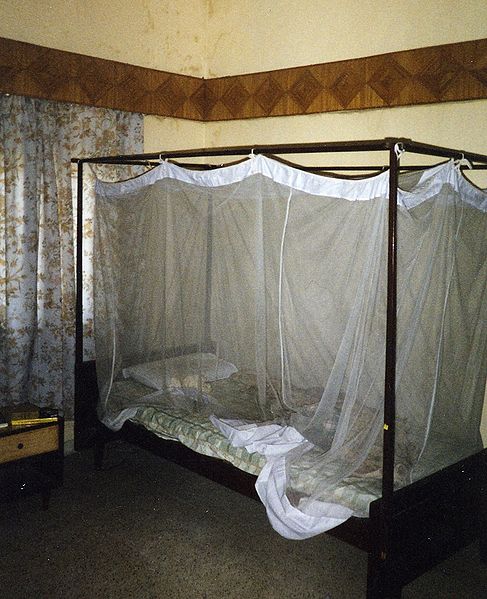
Publications:
At ResearchGate
Masters’ Thesis (Durham) Young people in self-care: behaviours and experiences in farming households in Kilombero Valley, Tanzania
Current PhD Research at University of Glasgow:
Malaria continues to be significant public health burden in the world and over 90% of all reported malaria cases and deaths occur in Sub-Saharan Africa (SSA). Malaria is a major disease in Tanzania. Although malaria burden has dramatically reduced and sustained community-wide use of Insecticide Treated Nets (ITNs), new malaria cases continueto occur across Tanzania, but with regional variation in prevalence.
Christina’s PhD is focused on identifying the underlying factors of persistent residual malaria transmission across distinct ecological settings in Tanzania and opportunities for effective control strategies. Her study employed a range of qualitative methods including, participant observation, in-depth interviews (IDIs), unstructured interviews, focus group discussion (FGDs), participatory ranking activities, and expertise (expert) interviews. Her study is exploring individual and community behaviours and activities that put people at risk to malaria in the outdoor environment; and investigate how these vary with socio-cultural and environment contexts. She is also exploring why people engage in these activities and place this discussion within broader environmental, socio-cultural, and economic contexts.
Her study will identify what human behaviours drive persistent malaria transmission seeks to explain why people engage in these across diverse ecological settings in Tanzania. It aims to do so to facilitate geographic targeting of high impact complementary interventions in response to local ecological contexts. Potentially outcomes can be used to inform and contribute to the design of additional supplementary control measures that target outdoor biting mosquitoes and promote their uptake and use therefore, accelerate malaria elimination.
